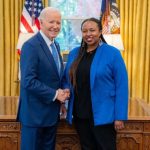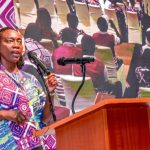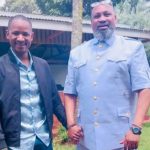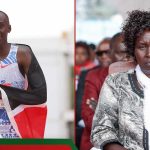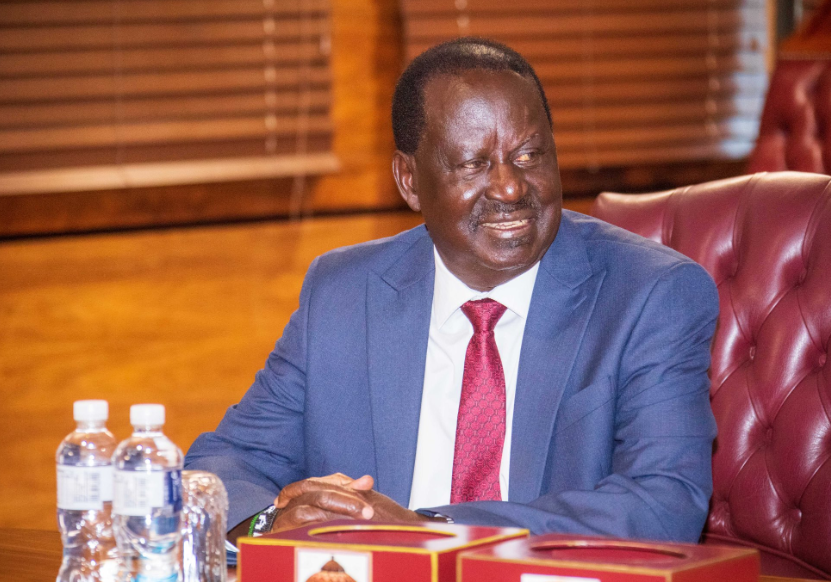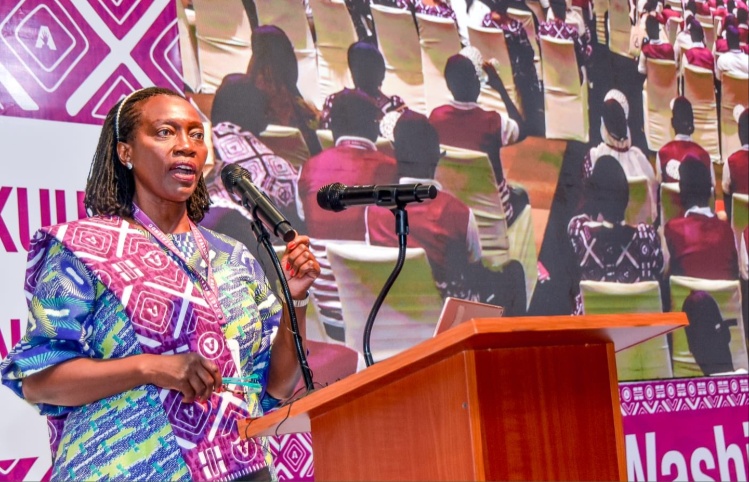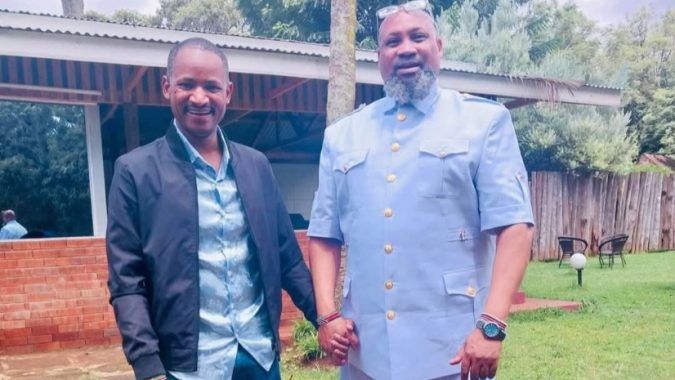5 diplomatic factors and gaffes that could have played out in Raila’s AUC loss
Former Prime Minister Raila Odinga on Saturday, February 15, 2025, watched as the African Union Commission (AUC) chairmanship seat slipped away and tilted in favour of Djibouti’s Mahmoud Ali Youssouf.
Despite touring various countries, meeting presidents and other heads of government in the continent, Raila was compelled to concede another election defeat as Ali Youssouf carried the day to become the new AUC chairperson after several rounds of voting.
From the campaign analysis, Raila was primed to win and it was also evident during the first round of voting where he garnered a majority of votes beating Ali Youssouf and Madagascar’s Richard Randriamandrato.
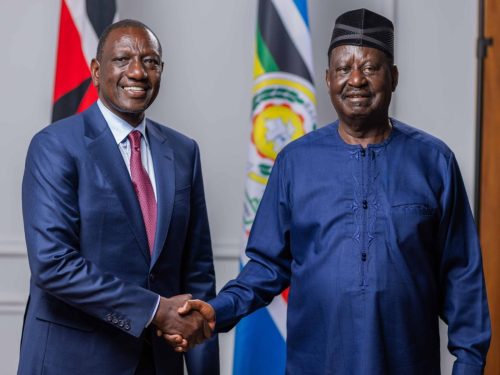
Throughout his campaigns, the former prime minister did not falter but here is what could have jinxed his bid:
Francophone influence
Although the issue of Francophone influence was disputed from the onset of the AUC campaigns by Raila’s secretariat, it evidently played out during the voting of the new AUC chairperson.
During the first two rounds, Raila led in the vote tally until Madagascar candidate Richard Randriamandrato was eliminated.
With Djibouti being a member of French-speaking nations in Africa, Ali Youssouf started gaining after Randriamandrato’s elimination and eventually was pronounced the winner in the sixth round after garnering 33 votes.
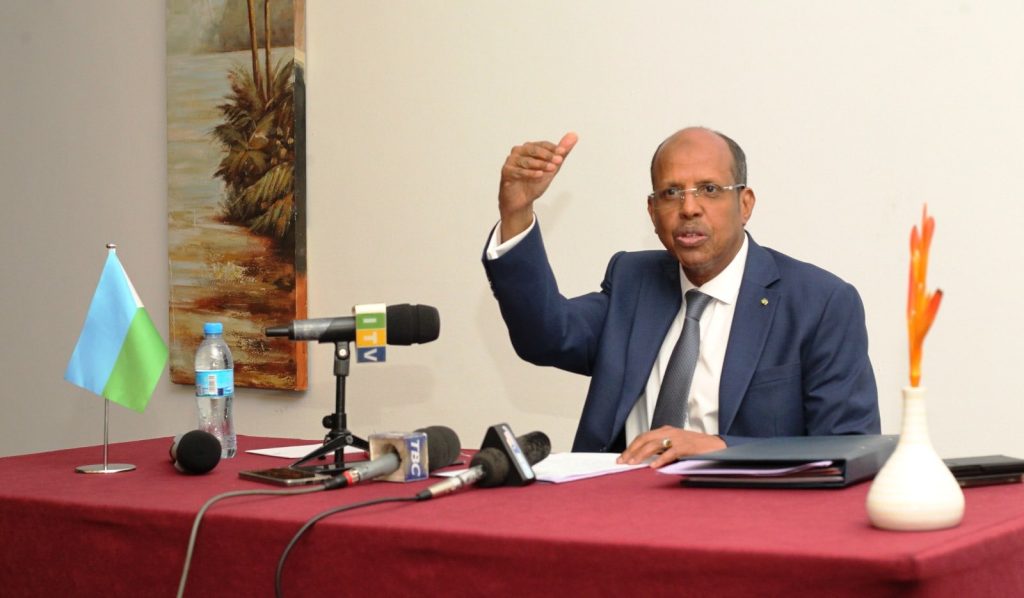
Djibouti is a member of the National Ozone Officers Network for French-Speaking Africa which was approved at the 12th Executive Committee Meeting in March 1994.
This network comprises 26 members with 22 being French-speaking nations (Algeria, Benin, Burkina Faso, Burundi, Cameroon, Central African Republic, Chad, Comoros, Congo (Republic), Democratic Republic of Congo (D. R. C), Cote d’Ivoire, Djibouti, Gabon, Guinea, Madagascar, Mali, Mauritania, Morocco, Niger, Senegal, Togo and Tunisia).
Three Portuguese-speaking African countries (Cape Verde, Guinea Bissau and Sao Tome & Principe) are also part of the network.
Speaking to a local TV station in a past interview, former United Nations Conference on Trade and Development (UNCTAD) Secretary General Mukhisa Kituyi predicted this pattern arguing that Raila stood a slim chance of winning the AUC seat since Ali Youssouf was a French-speaking candidate and could appeal to Francophone countries.
“Normally it is extremely difficult for the bloc to vote for a non-francophone speaker if there is a French speaker among the candidates,” Kituyi told a local TV station.
Ruto’s support for Israel
On October 7, 2023, President William Ruto commented on the deadly war between the Palestinian Hamas group and Israeli forces. In a lengthy statement, Ruto unequivocally said Kenya was standing in solidarity with the State of Israel.
“Kenya joins the rest of the world in solidarity with the State of Israel and unequivocally condemn terrorism and attacks on innocent civilians in the country. The people of Kenya and their government hereby express deepest sympathy and send condolences to the families of all victims. We also wish a speedy recovery to the injured.
“Kenya strongly maintains that there exists no justification whatsoever for terrorism, which constitutes a serious threat to international peace and security. All acts of terrorism and violent extremism are abhorrent, criminal and unjustifiable, regardless of the perpetrator, or their motivations,” Ruto said then.
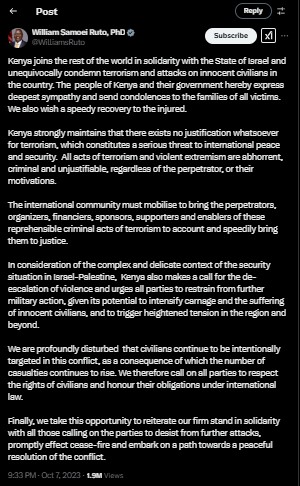
During the summit where the new AUC chairperson was elected, Palestinian Authority President Mahmoud Abbas was among the guests.
His presence was a signal to most African countries supporting Palestine.
Ruto’s statement could have proved costly to Raila as most foreign affairs experts argued that it reduced his chances of rising to the highest office.
“Most African states are pro-Palestine which is why the President of Palestine is usually given time to make a speech on the day of the summit. Kenya has taken a position that it contra-Palestine,” Attorney of Law Migai Akech told a local TV station and similar sentiments were shared by Mukhisa Kituyi.
DRC conflict
President Ruto was widely criticised with some foreign affairs experts accusing him of committing a diplomatic gaffe after he called rench counterpart Emmanuel Macron over the escalating crisis in the Democratic Republic of Congo (DRC).
In his statement, Ruto noted that President Macron expressed support for the regional efforts to deal with the already volatile situation in the region.
“President Macron also committed his country’s support for the interventions being carried out, and for Kenya’s participation in other peace initiatives in Somalia, Sudan and South Sudan,” he said.

The head of state was faulted for not promoting a pan-Africanims agenda in efforts to solve the DRC conflict yet other African nations were pushing for the adoption of local solutions to the issue.
His stance could have played out during the voting process of picking Moussa Faki’s successor.
“Kenya has not been seen to be advancing a Pan-African position in DRC and if you look at it globally, Kenya has not been seen to be advancing a pan-Africanism position,” Professor Migai added in his submission to a local TV station.
SADC and anglophone factor
Over nine months of intense campaigns, Raila visited many countries to woo the president to support his candidature for AUC chairmanship.
He established a strong base among the anglophone (English) speaking nations which include Angola, Botswana, Egypt, Eritrea, Eswatini (the Kingdom of), The Gambia, Ghana, Kenya, Lesotho, Liberia, Libya, Malawi, Mauritius, Mozambique, Namibia, Nigeria, Republic of South Sudan, Rwanda, Seychelles, Sierra Leone, Somalia, South Africa, Sudan, Uganda, United Republic of Tanzania, Zambia, and Zimbabwe.
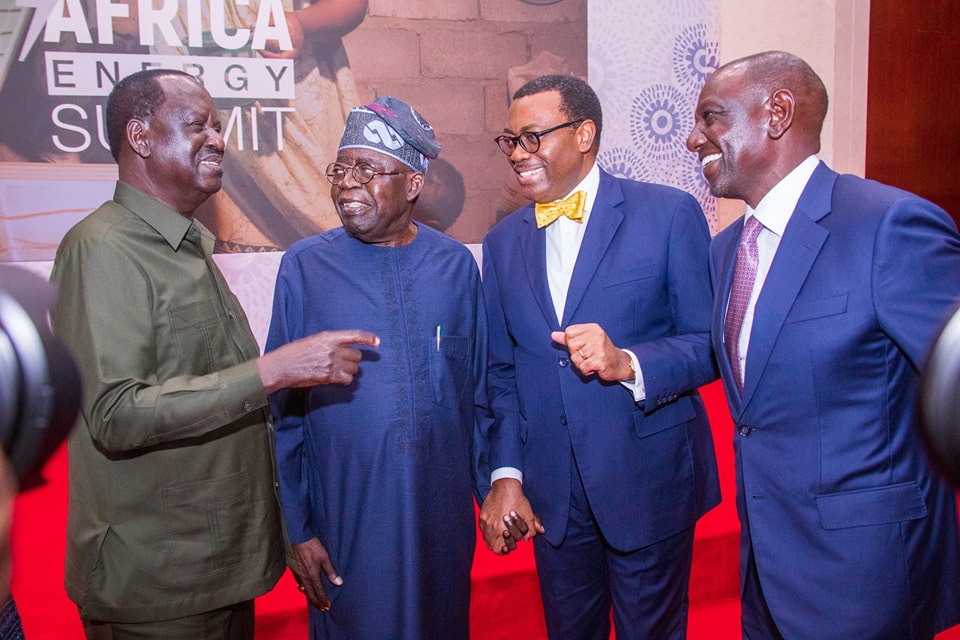
However, a last-minute letter from the 16-member bloc of the Southern African Development Community (SADC) throwing its weight behind Madagascar’s Foreign Minister Richard James Randriamandrato could have tilted the scales and complicated the vote.
During the first round of voting, Raila shared votes with Randriamandrato. However, following his elimination, Raila only gained two votes while Ali Youssouf went on to win the votes.
Also, Uganda’s President Yoweri Kaguta Museveni skipped the session despite endorsing Raila twice.
With Kenyan’s stand in the DRC conflict where SADC is also involved, it could have played a huge factor in the shift of favour from Raila to Djibouti who could have been viewed as a neutral player.
Internal factors
Before the AUC elections, Kenya was battling different issues including abductions of not only citizens and other prominent figures.
The abduction of Ugandan opposition politician Kizza Besigye in Nairobi raised serious questions globally. Besigye, 68, a doctor and critic of President Yoweri Museveni, was seized in Nairobi and taken to Uganda where he was presented before a military court.
The case went viral globally raising concerns about whether Kenya was still safe haven for foreigners seeking asylum. The issue of abduction was exacerbated by the brief abduction of Tanzanian journalist Sarungi Tsehai in Nairobi.
The case of missing persons in the country also painted Ruto’s administration in a bad light.

Despite Raila condemning the cases of abductions, several players across the globe questioned his ability to tackle the matter yet it was happening right in Kenya.
“Why must Africa consider you when your country cannot provide answers on abduction cases in Kenya?” Sophie Mokoena, an international news editor for the South African Broadcasting Corporation (SABC), asked Raila on X in a post which went viral.
My question to @RailaOdinga .
You are campaigning for the position of the AU Commision Chair. Why must Africa consider you when your country can’t provide answers on the abduction cases in Kenya? You want to lead the continent when you are failing to lead in your own country.…— Sophie Mokoena (@Sophie_Mokoena) January 5, 2025
Besides abductions, most aggrieved Gen-Zs resolved to write letters to several heads of state opposing various policies and in some way could have affected the poll outcome.
Kenya being viewed as a strong nation with much influence could also have played a part in Raila’s loss as most countries feared Raila could help advance the country’s agenda more thus making Nairobi more powerful.
In his concession speech, Raila also revealed that he was primed to win but attributed his loss to last-minute factors which he promised to reveal.
